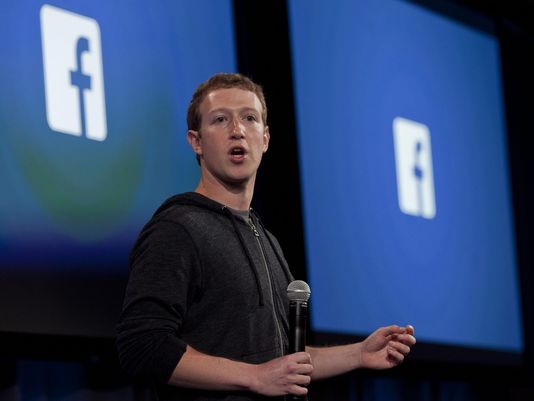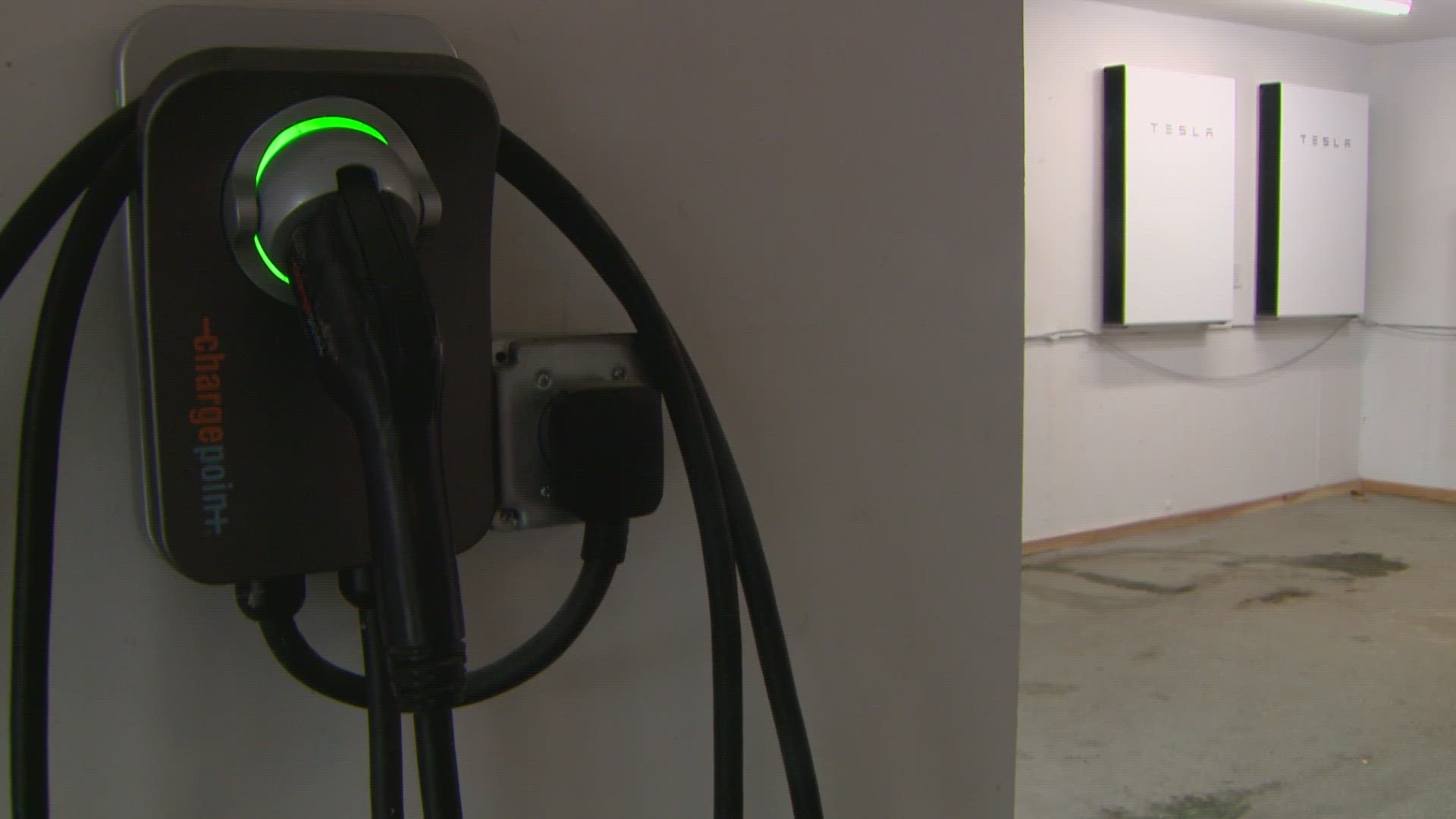Facebook is taking steps to eliminate fake news and hoaxes that some critics have suggested might have influenced the 2016 presidential election, CEO Mark Zuckerberg says.
While reiterating earlier comments in which he said it was "extremely unlikely" that phony stories posted on Facebook changed the election outcome, Zuckerberg said work has already begun that would enable the social media giant's users "to flag fake news and hoaxes."
"Our goal is to show people the content they will find most meaningful, and people want accurate news," Zuckerberg wrote in a personal Facebook statement posted Saturday night.
"This is an area where I believe we must proceed very carefully, though," said Zuckerberg, who asserted that "more than 99% of what people see is authentic."
Zuckerberg provided no specifics about how Facebook's News Feed might be changed, cautioning that "this work often takes longer than we'd like in order to confirm changes we make won't introduce unintended side effects or bias into the system." He encouraged Facebook's 1.79 billion worldwide users to follow updates online.
The latest statements responded to growing criticism of Facebook's ascendant power to sway public opinion. He initially dismissed suggestions that fake stories — such as ones that stated Pope Francis had supported Donald Trump — played a role in the Republican presidential nominee's victory over Democrat Hillary Clinton.
"To think it influenced the election in any way is a pretty crazy idea," Zuckerberg said Thursday at the Techonomy conference in Half Moon Bay, Calif.
Zuckerberg's back-to-back statements came as Trump's win prompted Silicon Valley soul searching, with some wondering whether tools created in the U.S. tech world's capital might have run amok. Social media has increasingly become a go-to news source. Nearly half of Americans get their news from Facebook, according to the Pew Research Center. In contrast, just two in 10 U.S. adults get news from print newspapers.
As its dominance has grown, Facebook has resisted calls that it's become a defacto news publisher, exercising editorial judgment with the power to sway the minds of billions, and instead reiterated that it's simply a technology platform.
Zuckerberg repeated that stance, saying "I believe we must be extremely cautious about becoming arbiters of the truth ourselves," he wrote.
"Identifying the 'truth' is complicated. While some hoaxes can be completely debunked, a greater amount of content, including from mainstream sources, often gets the basic idea right but some details wrong or omitted," he wrote.
Even more Facebook news stories "express an opinion that many will disagree with" and incorrectly flag them as inaccurate, added Zuckerberg.
While fake news has posed a longstanding challenge for Facebook, the problem appeared to accelerate during the election. President Obama addressed the issue during a pre-election Michigan rally for Clinton last week.
"And people, if they just repeat attacks enough, and outright lies over and over again, as long as it's on Facebook and people can see it, as long as it’s on social media, people start believing it. And it creates this dust cloud of nonsense," said Obama.
The issue has also been the subject of debate among Facebook's leadership and employees, The New York Times reported Saturday. Some in the tech world have similarly flagged the controversy.
Tech investor Dave McClure, founder of the business accelerator 500 Startups, called technology "a propaganda medium" that has contributed to the growing spread of fake information.
"People aren’t aware of the [expletive] they’re being told," McClure said at the Web Summit in Lisbon, Portugal, addressing Trump's victory.
Self-blame often doesn't come naturally to the generally positivist ethos of the tech industry. The election-related criticism was a wake-up call.
"It is a very good thing if people in Silicon Valley are contemplating the consequences of the inventions they delivered to an unsuspecting world," Silicon Valley forecaster Paul Saffo said. "The fact that there's any reflection going on at all is a very good sign. There has long been this naive view that technology is neutral and there's nothing neutral about technology. The problem is we can never figure out which way it's going to cut until it arrives."
Follow USA TODAY reporter Kevin McCoy on Twitter: @kmccoynyc


